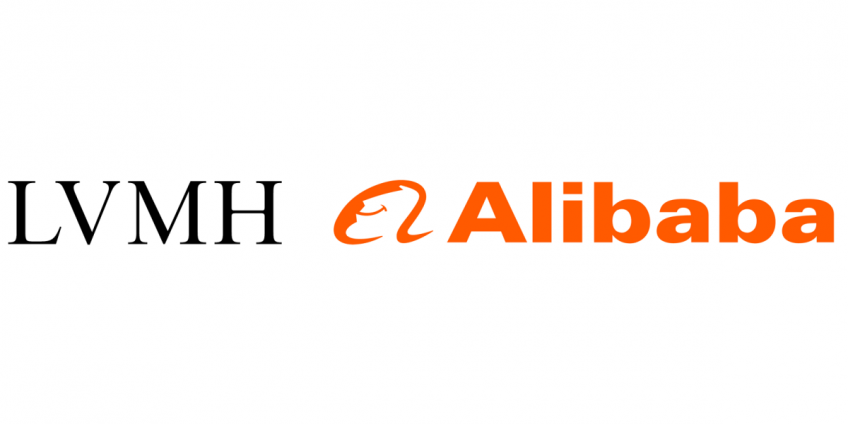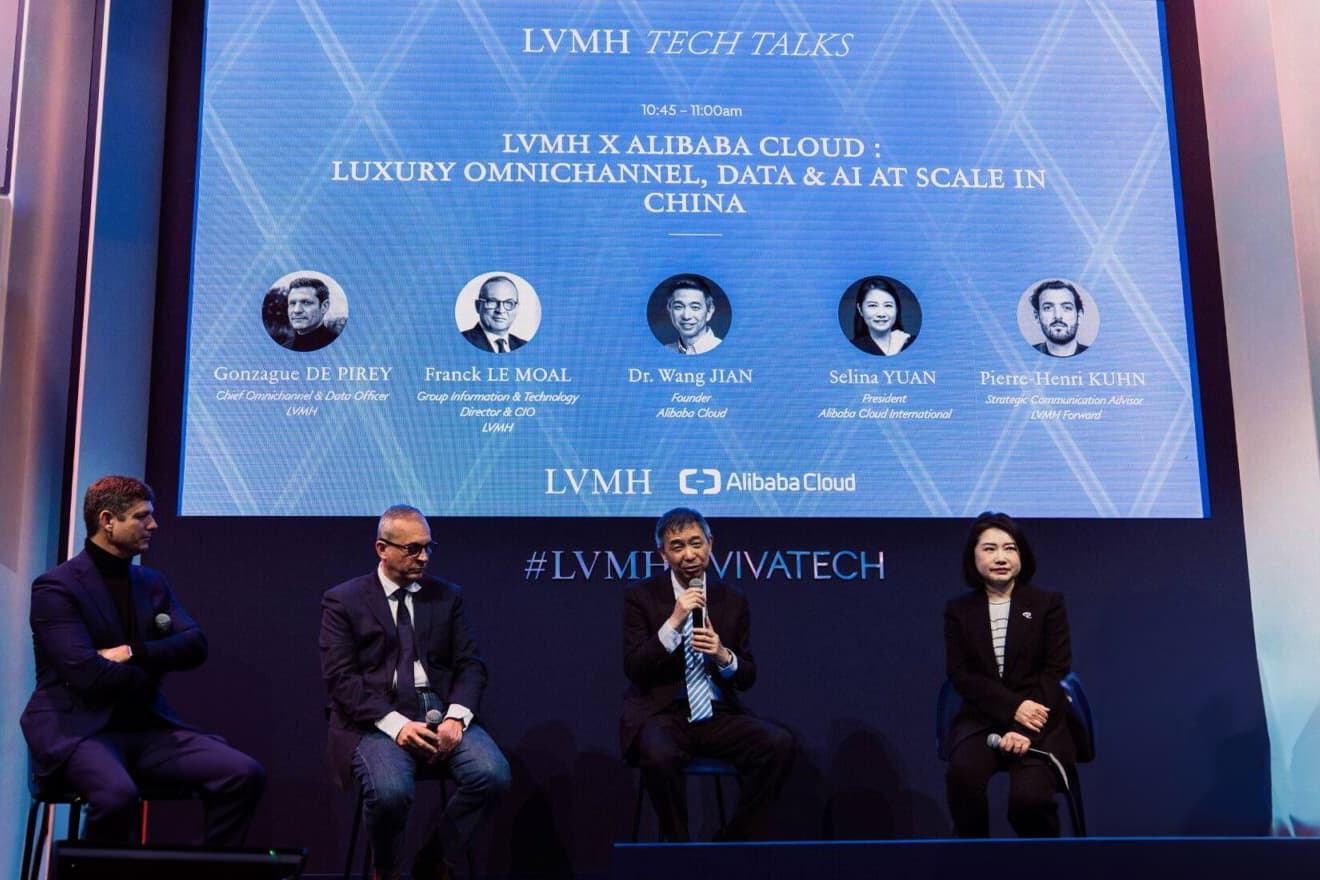With Their Strategic Alliance Extended for 5 More Years, the Partnership Will Expand to Include Innovative Retail Experiences in China
LVMH and the Alibaba Group have extended their strategic alliance for five more years in order to continue delivering innovative retail experiences in China that align with the country’s changing data regulations. The French luxury conglomerate will utilize Alibaba’s cloud service and state-of-the-art artificial intelligence technologies as part of this partnership which was announced on Wednesday at the annual Viva Tech conference held in Paris.
The two companies said in a joint statement, “The deepened partnership is a strong commitment to the shared dedication of the two companies to pioneering retail innovation and delivering exceptional, tech-driven luxury experiences, that will enable LVMH to increase its omnichannel, data and tech presence in China.”

The initial agreement inked in 2019 provided LVMH, owner of brands such as Louis Vuitton, Dior and Bulgari, access to Alibaba’s cloud infrastructure. Building on this collaboration, LVMH has begun to integrate Alibaba Cloud’s generative AI capabilities and other features from its recently launched machine-learning platform, Model Studio.
The agreement encompasses over 30 brands and divisions within mainland China and Southeast Asia, including Sephora’s Asia-Pacific division and DFS, LVMH’s travel retail arm. It offers LVMH access to a wider range of tools. Furthermore, Tiffany & Co. and Chaumet are the latest to collaborate with Alibaba’s Tmall Luxury Pavilion, offering experiences like 3D product displays, virtual try-ons, and livestreaming.
Franck Le Moal, Group IT and Technology Director at LVMH, emphasized the importance for LVMH to access capabilities specifically suited to its needs in China, including Alibaba Tmall and other partners such as WeChat and Red. He said, “The fact that some of our brands are going to Tmall Luxury Pavilion, and especially Bulgari, Chaumet and Tiffany, this is really to make sure that we will be able to develop sophisticated customer experiences in China.”
LVMH has been in a continuous pattern of collaborating with tech providers; outside of China these include Google Cloud and Dataiku. Le Moal expressed LVMH’s desire to cooperate with a similarly advanced partner in China in order to protect its customer data. “Ali provides every tool to make sure that we will be able, including in China, to anonymize our data when needed, and make sure that if we want to share our data, it will be only our responsibility,” he stated.
While Le Moal emphasized the complexities of dealing with changing data regulations, Alibaba officials argued that they are well-equipped to meet LVMH’s needs in this area. Selina Yuan, Vice President of Alibaba Group and President of International Business at Alibaba Cloud Intelligence, mentioned the company’s experience and growing number of data centers in Asia as key strengths. Alibaba’s cloud computing branch has also opened its AI models to third-party developers, allowing for more diverse applications in customer relationship management.
In the future, LVMH will have access to a wider range of Alibaba Cloud’s technologies and products for developing more use cases in areas such as customer interactions, supply allocation, stock efficiency and daily employee efficiency, Le Moal revealed.
